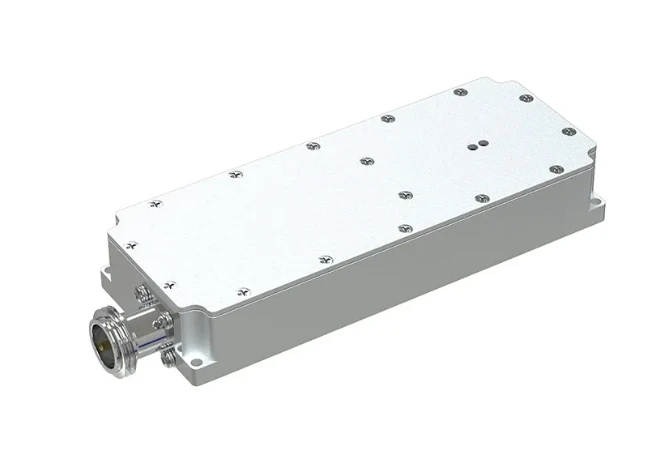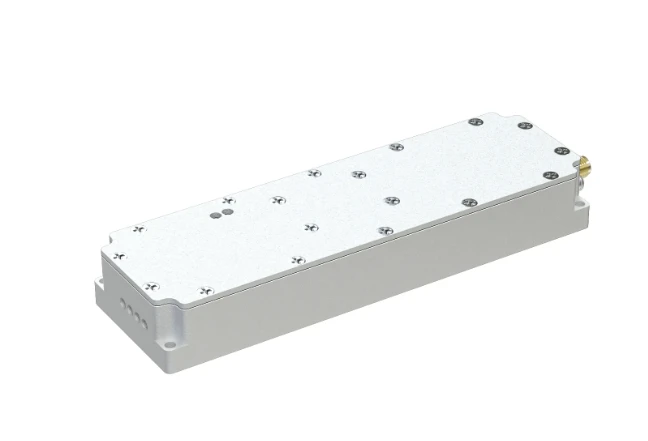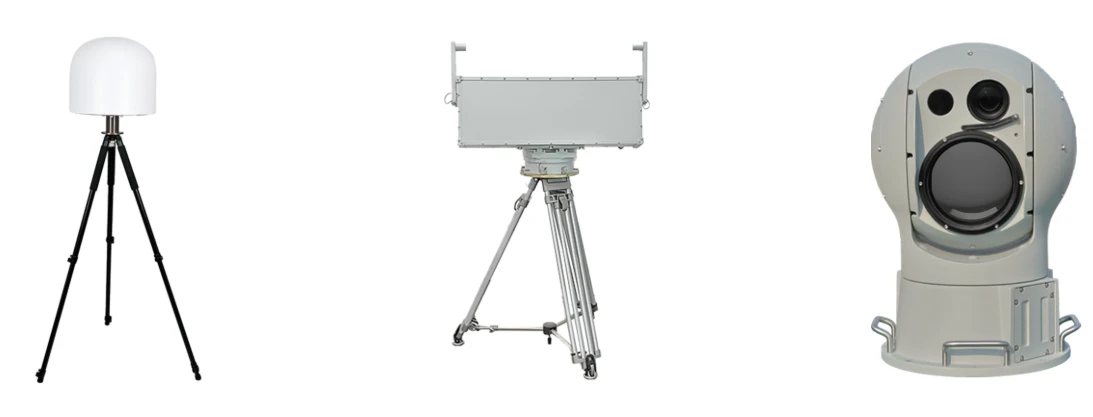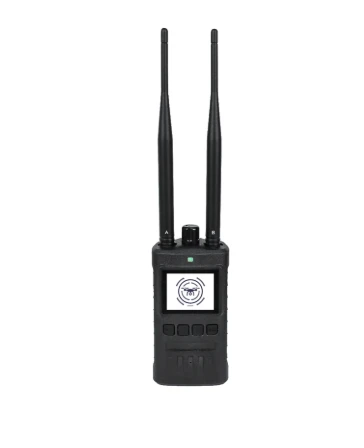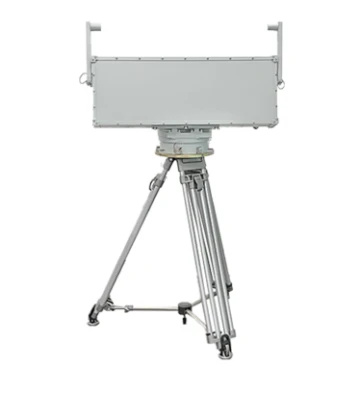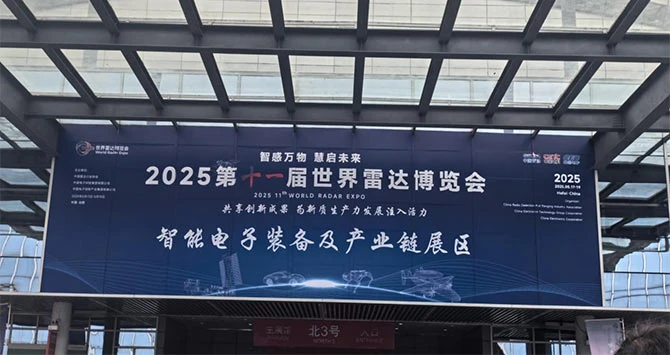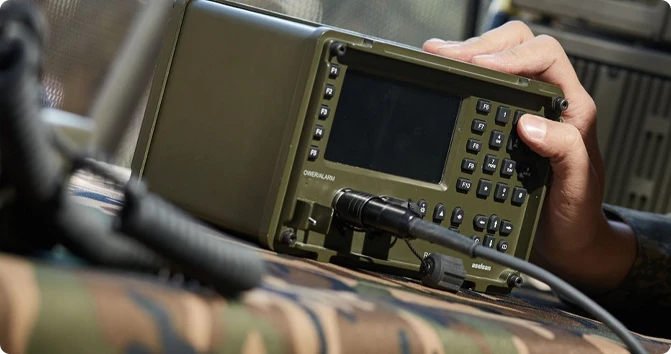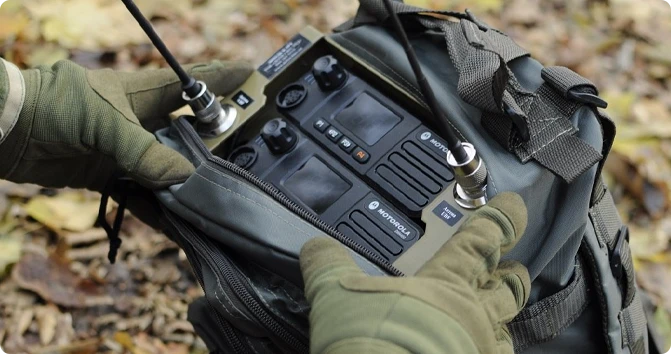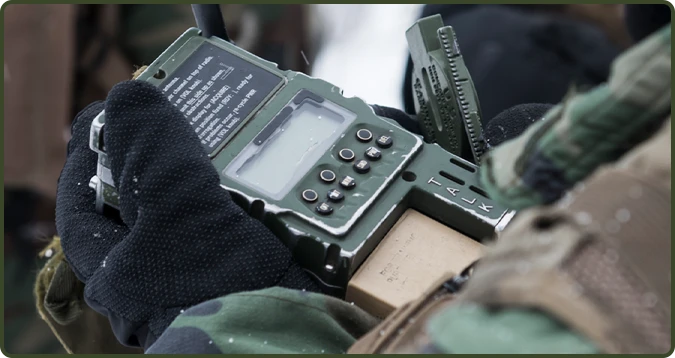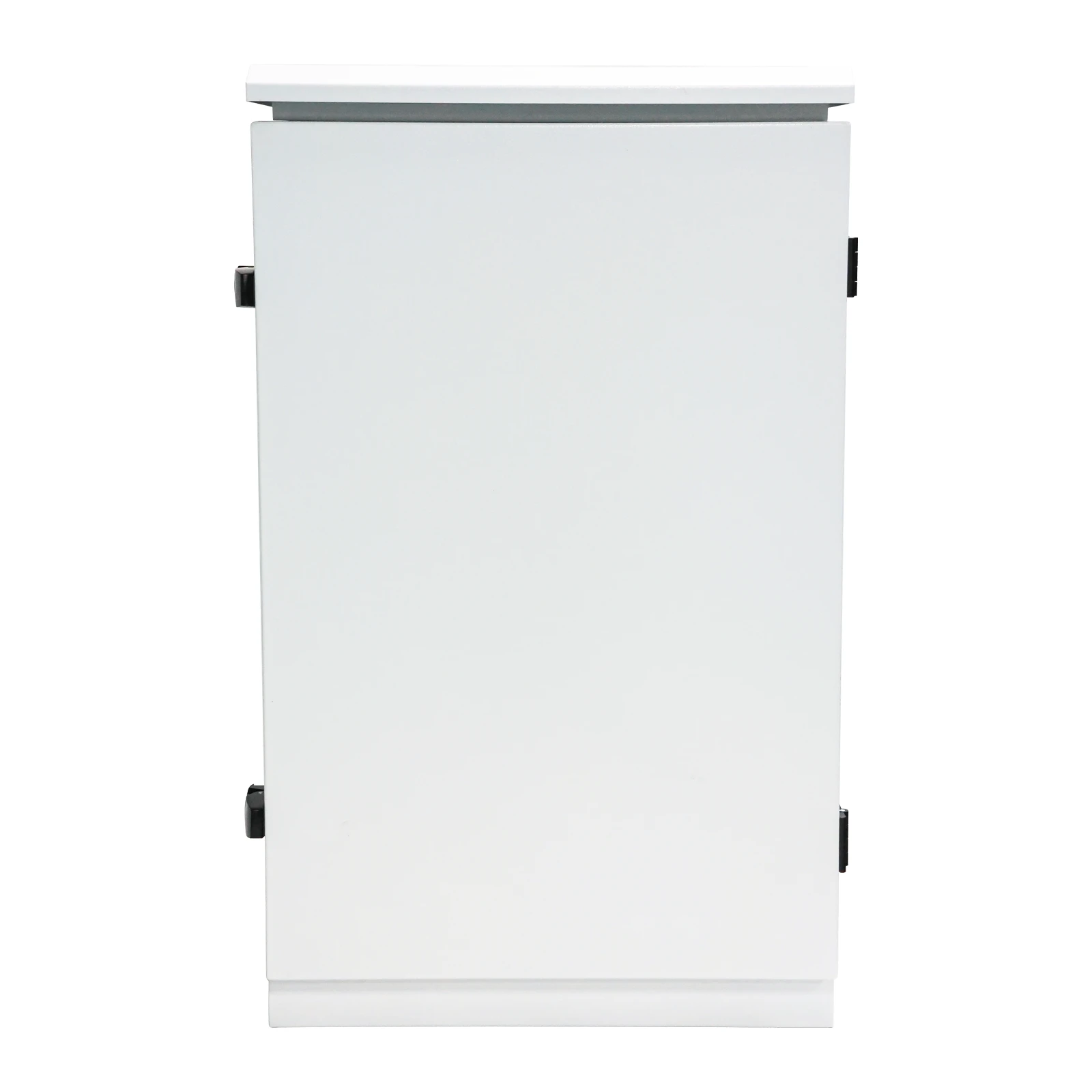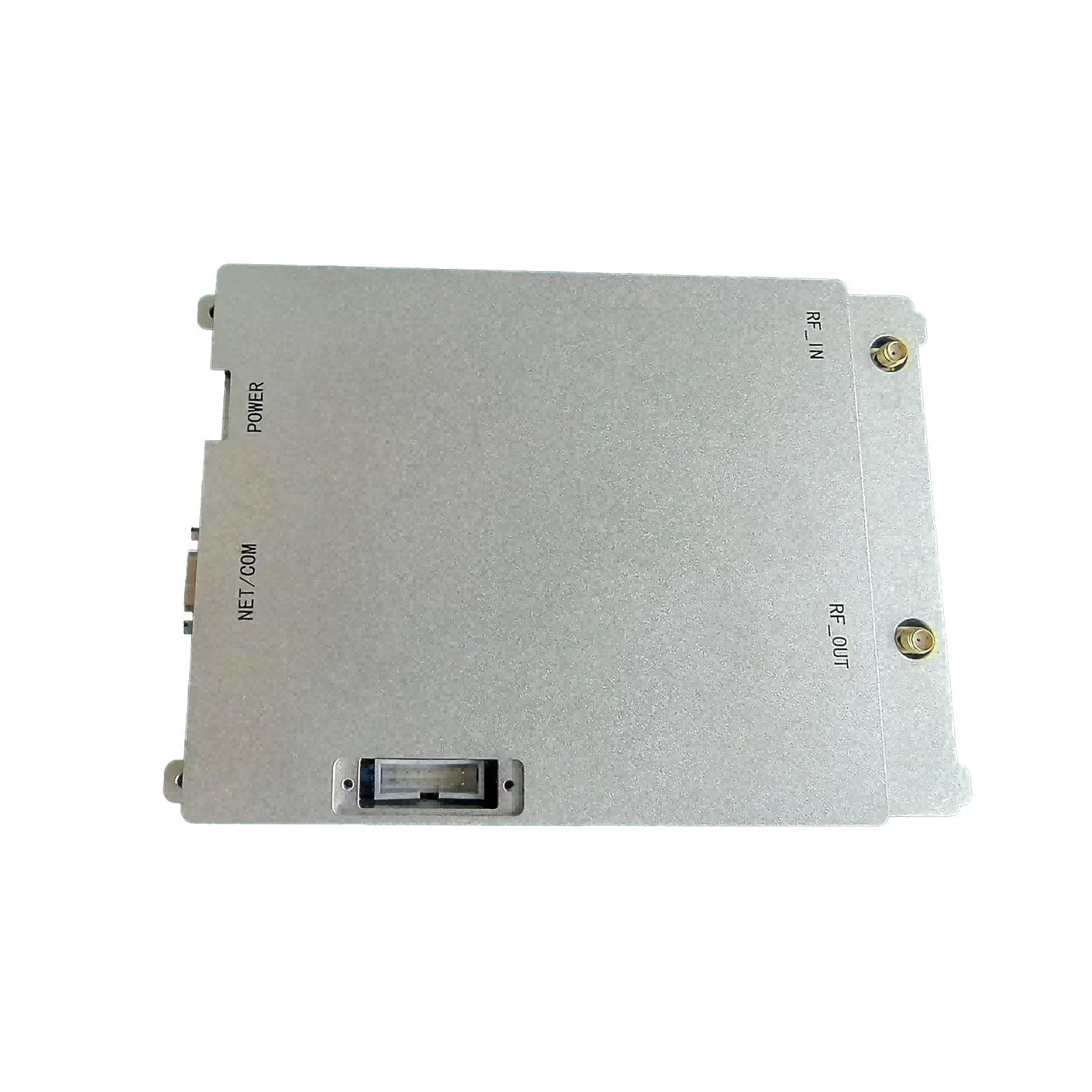Top-Rated RF Module Suppliers for IoT & Telecom Solutions
- Market Growth and Demand Drivers for RF Modules
- Technical Advantages of Modern RF Solutions
- Leading RF Module Suppliers: A Comparative Analysis
- Customization Strategies for IoT and Telecom Applications
- Use Cases in Industrial IoT and Telecommunications
- Future Trends in RF Module Development
- Why Partnering with Reliable RF Module Suppliers Matters
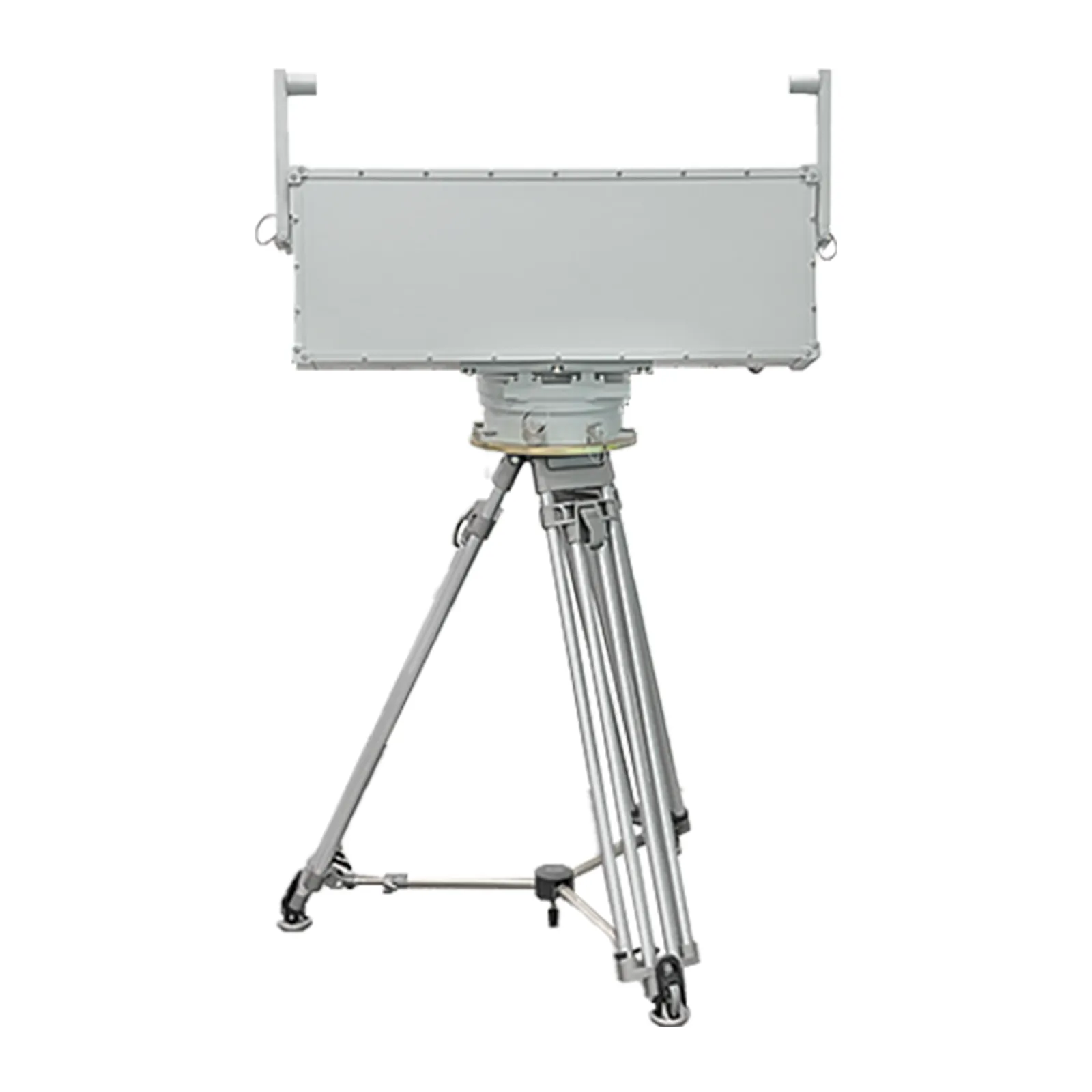
(rf module suppliers)
RF Module Suppliers Fueling Connectivity Across Industries
The global RF module market is projected to reach $15.8 billion by 2028, driven by a 19.3% CAGR as industries adopt wireless solutions. RF module suppliers are responding to surging demand from IoT deployments (expected to exceed 29 billion devices by 2030) and telecom infrastructure upgrades supporting 5G networks. This growth reflects the critical role of optimized RF components in enabling low-latency communication across smart factories, urban infrastructure, and mobile networks.
Technical Innovations Shaping RF Solutions
Advanced RF modules now integrate multi-protocol support (BLE 5.3, Zigbee 3.0, LoRaWAN) within compact form factors ≤10mm². Key developments include:
- Power efficiency improvements enabling 10-year battery life in IoT sensors
- Enhanced noise immunity (-148 dBm sensitivity for Sub-GHz modules)
- Dual-band operation (868/915 MHz + 2.4 GHz) for hybrid network architectures
Supplier Benchmarking: Performance Metrics
| Supplier | Frequency Range | Output Power | IoT Certifications | Telecom Compliance |
|---|---|---|---|---|
| Supplier A | 315-915 MHz | +20 dBm | FCC, CE, RoHS | 3GPP Rel. 15 |
| Supplier B | 2.4 GHz | +10 dBm | RED, IC | 5G NR |
| Supplier C | Sub-1 GHz | +27 dBm | ATEX, IECEx | LTE-M |
Application-Specific Design Approaches
Top RF module suppliers offer tailored solutions for vertical markets:
- Smart Agriculture: Weather-resistant modules with 5 km LOS range
- Telecom Base Stations: High-power (30 dBm) units with carrier aggregation
- Medical IoT: HIPAA-compliant modules featuring 128-bit AES encryption
Real-World Implementation Scenarios
A recent smart city project deployed 15,000 RF modules across 3 key applications:
| Application | Modules Used | Power Consumption | Data Rate |
|---|---|---|---|
| Traffic Sensors | 868 MHz LPWAN | 8 μA sleep mode | 62.5 kbps |
| Utility Metering | Sub-GHz mesh | 12 mA @ +10 dBm | 300 kbps |
Emerging RF Module Technologies
Next-gen modules are integrating AI-driven spectrum optimization, reducing interference by 40% in dense deployments. Suppliers are prototyping graphene-based RF switches capable of 200 GHz operation, potentially revolutionizing mmWave 5G systems.
Selecting Competent RF Module Suppliers
Enterprise buyers prioritize suppliers with vertical integration capabilities and proven scalability. A 2023 survey revealed 68% of telecom operators consider module certification timelines as critical as technical specifications when evaluating RF module suppliers for network upgrades.
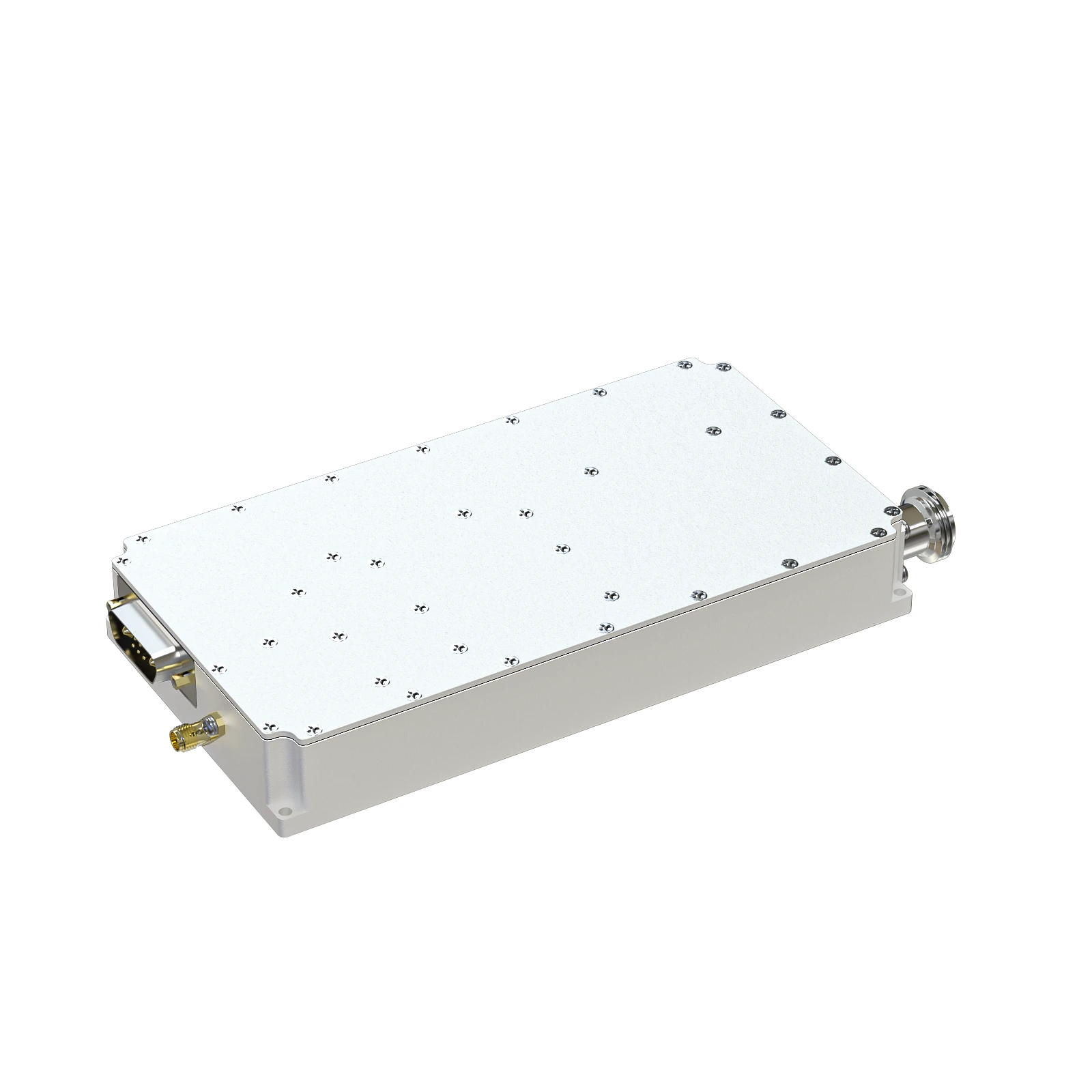
(rf module suppliers)
FAQS on rf module suppliers
Q: What factors should I consider when choosing RF module suppliers?
A: Prioritize suppliers with proven quality certifications, industry-specific expertise, and reliable technical support. Ensure they comply with global standards like FCC or CE. Evaluate their track record in your target applications (e.g., IoT or telecom).
Q: How do RF modules enhance IoT device performance?
A: RF modules enable wireless communication, reducing power consumption and supporting long-range connectivity in IoT systems. They ensure compatibility with protocols like LoRa or Zigbee. Robust modules also improve data transmission reliability in diverse environments.
Q: Why are RF modules critical in telecom infrastructure?
A: RF modules handle high-frequency signal processing and ensure stable connectivity in telecom networks. They support scalability for 5G and LTE advancements. Suppliers must deliver low-latency solutions to meet telecom-grade performance demands.
Q: What certifications should RF module suppliers have for global markets?
A: Look for FCC (USA), CE (EU), and ISED (Canada) certifications for compliance. RoHS and REACH adherence ensures environmental safety. Industry-specific certifications like NB-IoT for telecom may also be required.
Q: How do RF module suppliers address supply chain challenges?
A: Top suppliers diversify manufacturing hubs and maintain component stockpiles to mitigate delays. They offer modular designs for easier upgrades or replacements. Transparent communication about lead times ensures project timelines stay on track.
-
09 March 2021 07 Jul 2025
-
09 March 2021 07 Jul 2025
-
09 March 2021 07 Jul 2025
-
09 March 2021 07 Jul 2025
-
09 March 2021 07 Jul 2025
-
09 March 2021 21 May 2025
-
09 March 2021 25 Dec 2024
-
09 March 2021 14 Oct 2022
-
09 March 2021 25 Dec 2024



